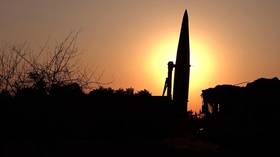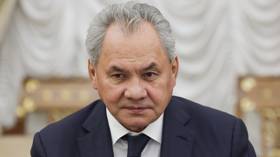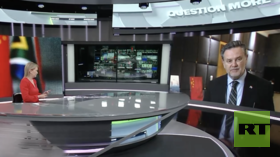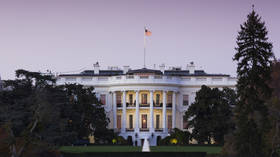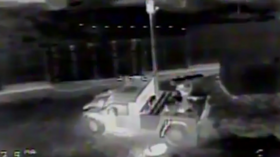Victory Day karaoke: Russian flashmob invites ANYONE to iconic WWII sing-along in 100+ languages
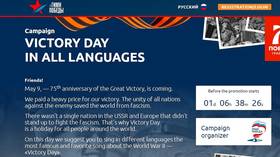
A one-of-the-kind Russian website has enabled anyone to pay vocal tribute to the 75th anniversary of Nazi Germany’s defeat – by performing a beloved Russian Victory Day song with lyrics available in multiple languages.
Singing became a tradition in the Red Army during World War II, with soldiers using selected folk or patriotic tunes to raise morale. Innumerable video chronicles from May 1945 show Soviet service members dancing or singing along as they celebrated the fall of the Third Reich in Berlin, or boarded the long-awaited trains home.
75 years later, a Russian group is taking that tradition forward, with the support of government agencies and media outlets. The result is a unique singing marathon that encourages people all around the world to perform ‘Victory Day’, a well-known, poignant song written by a poet Vladimir Kharitonov, himself a WWII infantryman, and young composer David Tukhmanov.
Also on rt.com Famous VR artists recreate kids’ drawings from World War II in virtual animation (VIDEO)Though the song first appeared in public in 1975, many veterans say it takes them back in time. Over the years, it has become a symbol of Victory Day and ranks among the most popular in the sizable collection of Russian military songs.
The tune itself features cheerful marching intonations, but the lyrics is full of lines that mix the joy of a stunning, hard-earned victory with sadness at great human losses embedded in the words “mother, not all of us came back…”
To join the flashmob, likewise called ‘Victory Day in All Languages’, one needs to go to the project’s website and turn on the instrumental version.
Aspiring singers shouldn’t be afraid of language barriers, as the lyrics are available on scores of languages spoken across Russia, the former Soviet Union, Europe, Asia and Africa – more than 100 in total.
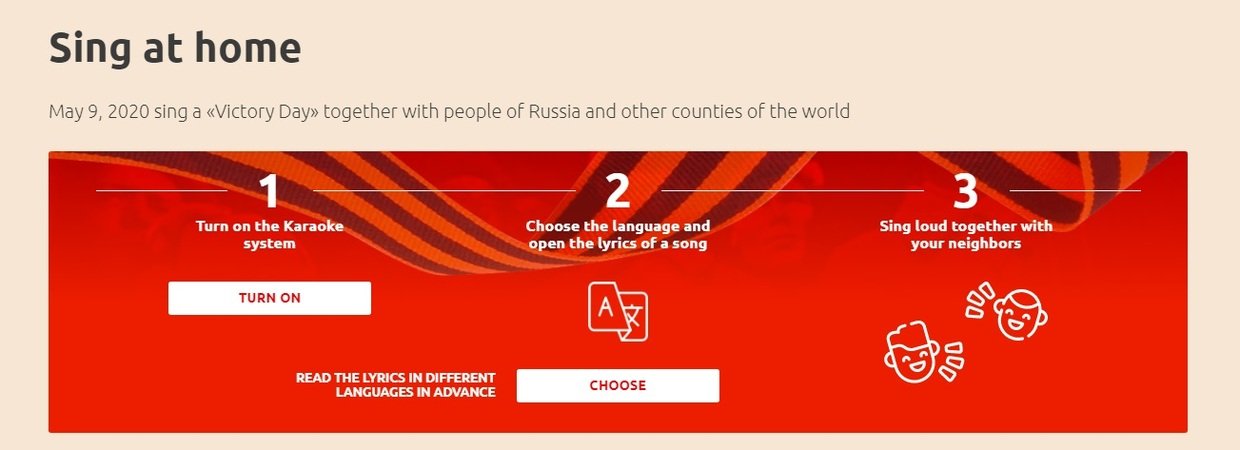
The action aims to honor the living war veterans, but will also be “a robust contribution to preserving historical memory and a great gratitude to our grandfathers and great-grandfathers, those who did not return from the war, [and] forged the defense on the home front,” the organizers write.
The project aims to demonstrate the multinational unity of the peoples of Russia, as well as to unite people around the world that celebrate the Great Victory Day.
The marathon will go live on May 9 and will run until May 11. Participants will be able to film their performance and upload it on the website, with the best sing-alongs broadcast on television and via social media.
2020 Victory Day celebrations were supposed to be the largest in recent memory, but the brewing Covid-19 pandemic saw the festivities restricted to Air Force flybys over major Russian cities, night fireworks shows – and online endeavors.
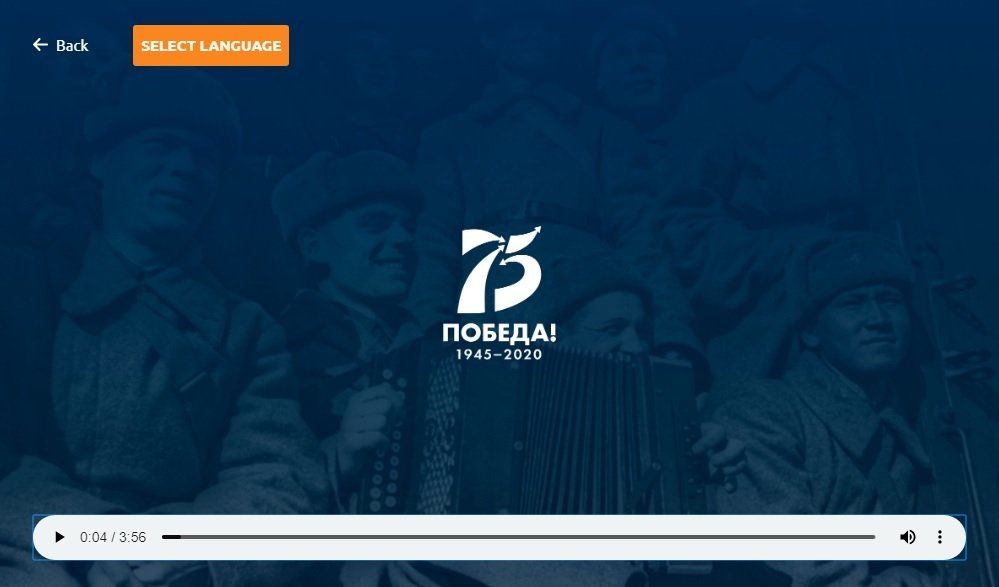
The Red Square military parade has been postponed, with the government considering early September – the anniversary of the 1945 capitulation of Japan – as a possible date for the grand event.
Subscribe to RT newsletter to get stories the mainstream media won’t tell you.


